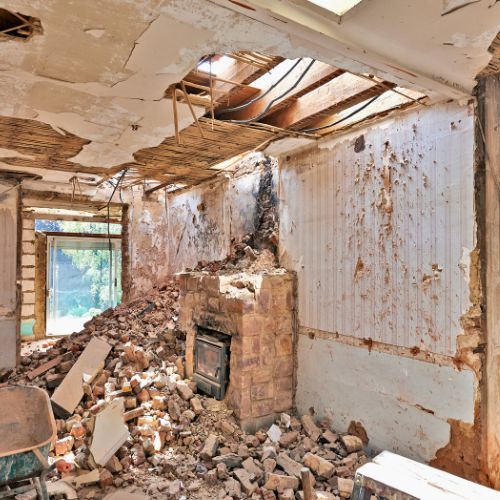You’re ready to kick-start a long-awaited home improvement project–a kitchen, a bathroom, a home office. Maybe you have had storm damage or even worse, fire damage. Whether you are renovating, retrofitting or spending more than $500 to spruce things up, you’re going to need a contractor.
You look at your budget, think about costs for materials and labor, then you start looking in earnest for places to save. What are your priorities? What can you live without? There are trade-offs to be sure. But buyer beware: do not cut corners by hiring an unlicensed contractor.
There’s good reason for the law: in California, a contractor’s license is required for any job that exceeds $500 in value, including labor and materials.
Consider Legal Issues Before Signing Contracts
The Contractors State License Board (CSLB) regulates licensed contractors in California and requires that they meet certain education, experience, and testing requirements. In other words, a licensed contractor is required to know the building codes, the safety regulations, and what it takes to complete a job meeting professional standards.
You will more than likely spend more for a licensed contractor but their license will give you peace of mind. You will be protected by liability insurance and a legally enforceable contract.
Hiring an unlicensed contractor in California is not only risky but can be illegal. Consider just a few scenarios:
- Work performed by unlicensed contractors can result in subpar quality, structural issues, or safety hazards which can pose significant risk. Substandard construction is never a good value.
- If an unlicensed contractor is injured while working on your property, you could be liable for their medical bills and lost wages.
- What if the unlicensed contractor causes damage to your neighbor’s property? Or a child steps on a nail that has gone astray? This will be on you.
It pays to do your homework.
California law prohibits unlicensed contractors from advertising their services or performing any construction work that requires a license.
Before you make a hiring decision, get multiple estimates. Do not hire a contractor from an ad you just happen to see without doing your research. You need the facts.
First, ask to see the contractor’s license along with their proof of liability insurance and workers’ compensation. Do not stop there. Ask to see their photo ID. Look at project portfolios to see the caliber of their completed work and read customer reviews from trustworthy sources. In fact, go directly to the Contractors State License Board website and check to see if any complaints have been filed or disciplinary actions taken against contractors you are considering. You can also call their toll-free number, 800-321-2752.
Insurance is a critical factor.
What would you do if the contractor you hire damaged to your home? Or, if a subcontractor sustained an injury while working on your job? It happens. A licensed contractor is required to have both general liability and workers’ compensation insurance.
Will there be subcontractors?
When your licensed contractor hires subcontractors to help on a job, they become the general contractor. This means subcontractors are covered by the contractor’s insurance. On the other hand, if you hire an unlicensed contractor who then brings on subcontractors, you become the general contractor making you responsible for any injury that occurs on the work site. You will also be responsible for the injured worker’s bills which could be a long-term problem


 (415) 533-0735
(415) 533-0735 (415) 843-0496
(415) 843-0496